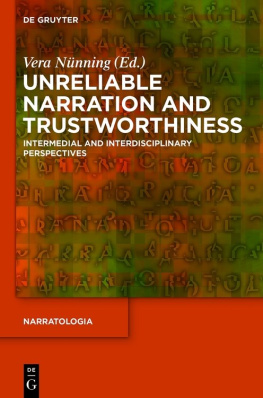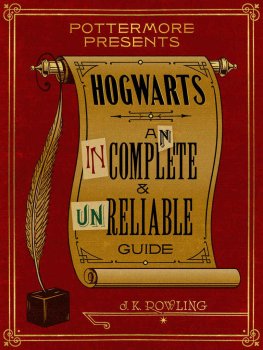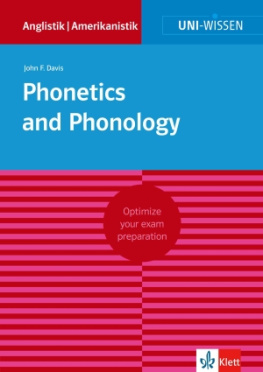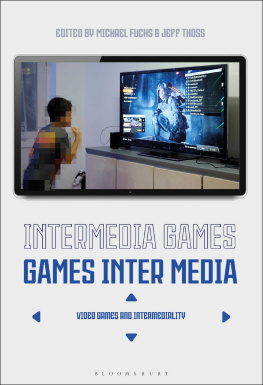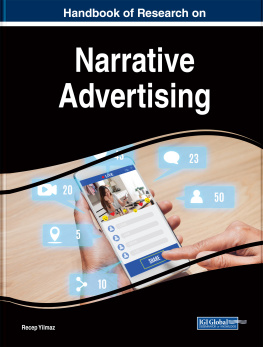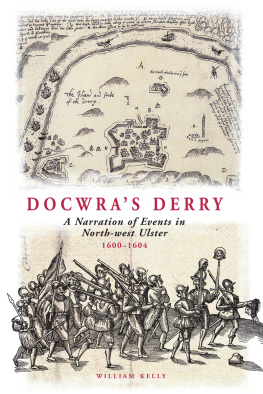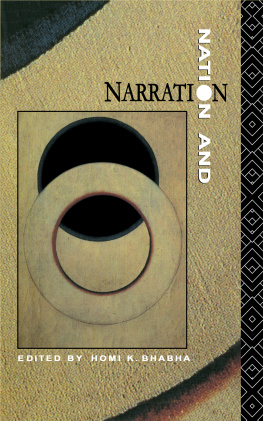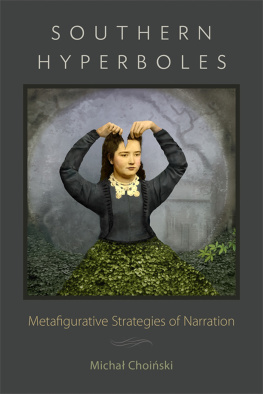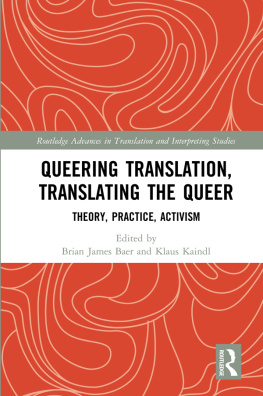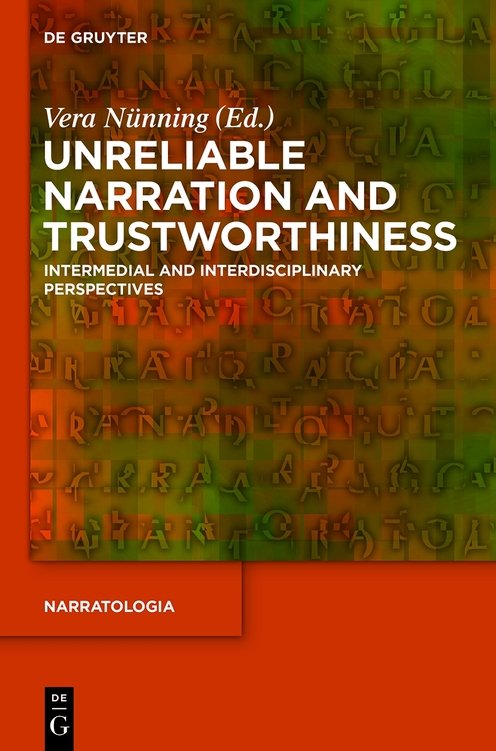Notes on Contributors
ANDREAS VON ARNAULD is director at the Walther Schcking Institute and professor for Public Law, International and European Law at Kiel University. His publications centre around human rights law, international, national and European constitutional law, law and literature, as well as legal theory. He has authored a casebook on International law in 2012, the second edition of which is about to be published. He is the co-editor of the journal Die Friedens-Warte/Journal for International Peace and Organization .
CHRISTOPH BIETZ is a TV-journalist and media scientist currently working for the political talk show Gnther Jauch (ARD) in Berlin. He has recently published his dissertation on the narrativity of TV news ( Die Geschichten der Nachrichten , WVT 2013), discussing the reality of news as a medial construct deriving from its onto-epistemic status as a narrative text. His studies so far have focused on film analysis, intermedial and structuralist narratology, media theory and psychoanalytical film theory. He has also been working as a news-journalist and reporter for n-tv and RTL Television in Cologne.
BRIGITTE BOOTHE was professor for Clinical Psychology at Zrich University (until 2013), where she also acted as director of the Master of Advanced Studies in Psychoanalytic Psychotherapy (MASP). She has published books on female development in a psychoanalytic view, on psychotherapy, psychoanalysis, narrative and interaction, and (co-)edited many volumes on empirical and conceptual matters in the book series Psychoanalyse im Dialog and Interpretation Interdisziplinr . Among her most recent works are Frauen in Psychotherapie (co-edited with Anita Riecher-Rssler, 2013) and Wenn doch nur ach htt ich bloss: Die Anatomie des Wunsches (2013).
MATTHIAS BRTSCH is senior lecturer in Film Studies at the University of Zurich. He is the author of Traumbhne Kino: Der Traum als filmtheoretische Metapher und narratives Motiv (Screening the Dream: Cinematic Metaphors, Oneiric Narration and the Function of Dreams in Film , Schren 2011; PhD thesis) and a number of articles on film narratology and aesthetics. He has co-directed the International Short Film Festival Winterthur from 19992003, worked as a script analyst for the Zurich Film Foundation from 20032007 and has been a member of both the board of trustees of the Swiss Arts Council and the promotion agency Swiss Films from 20072011.
BEATRICE DERNBACH has been professor for Journalism at the Technische Hochschule Nrnberg since March 2014. From October 1999 to February 2014 she taught and pursued research in the field of journalism, media and communication at the University of Applied Sciences Bremen. She has published books on specialised journalism, the relation between journalism and public relations, and science communication. Her main interest is in the question how journalists and other communication experts can explain complex information in a way people understandone possibility being storytelling. Before starting her academic career, she worked as an editorial journalist at a newspaper.
ANDREAS ELTER has been professor of Journalism at Macromedia University for Media and Communication in Cologne and in Berlin since 2007; currently, he is head of the televisual department at the ARD-ZDF-Medienakademie. He taught at the universities of Leipzig, Cologne and Munich and carried out research at the German Historical Institute in Washington, the national archives in Maryland and Duke University in North Carolina. He is a journalist, editor, and director and has worked for various television channels including ZDF, WDR and RTL. He has published books on politics as well as the history of US-media policy in wartime, and media strategies of terror groups. His book publications include Die Kriegsverkufer: Geschichte der US-Propaganda 19172005 (Suhrkamp 2005) and Propaganda der Tat: Die RAF und die Medien (Suhrkamp 2008).
PETER HHN is professor of English Literature at Hamburg University (retired since 2005). He has published books and articles on the theory of poetry and the history of British poetry, narratology, the application of narratology to poetry analysis, detective and crime fiction. He is author of Geschichte der englischen Lyrik (Francke, 1995), Eventfulness in British Fiction (De Gruyter, 2010), co-author of Der Entwicklungsroman in Europa und bersee (with Heinz Hillmann, 2001) , Die europische Lyrik seit der Antike (with Heinz Hillmann, 2005), The Narratological Analysis of Lyric Poetry: Studies in English Poetry (with Jens Kiefer, 2005) , Lyrik und Narratologie: Textanalysen zu deutschsprachigen Gedichten (with Jrg Schnert and Malte Stein, 2007), co-editor of the Handbook of Narratology (with John Pier, Wolf Schmid and Jrg Schnert, 2009), and editor-in-chief of the online edition of the Living Handbook of Narratology (since 2010) and of the second print edition of the Handbook of Narratology (2014).
STEPHAN JAEGER is Full Professor of German Studies and Head of the Department of German and Slavic Studies at the University of Manitoba. He has published extensively on historiographical narratology, history and literature, documentary history in historiography, film, and the museum, representations of war, and romantic and modern poetry. He has published two monographs, including Performative Geschichtsschreibung (De Gruyter 2011), and co-edited five books, most recently Fighting Words and Images: Representing War Across the Disciplines (with Elena V. Baraban and Adam Muller, 2012) and a special issue of Seminar (Feb. 2014): Representations of German War Experiences . He is co-coordinator of the Interdisciplinary Network War and Violence of the German Studies Association.
LIESBETH KORTHALS ALTES is professor of general literature and literary theory at the University of Groningen. She is Chair of the Department of Arts, Culture and Media, Director of the Groningen Research Institute for the Study of Culture, and Director of studies of the research masters Literary and Cultural Studies at the University of Groningen, Faculty of Arts. She has published widely on narrative theory, the relation between literature and values, ethics, as well as on modern French literature. Her recent publications include Authorship Revisited: Conceptions of Authorship around 1900 and 2000 (co-edited with Gillis Jan Dorleijn and Ralf Grttemeier, 2010), The End of Literature as a Basis for a Renewed Disciplinarity, in: Grenzen der Literatur (2009), and Ethos and Narrative Interpretation: The Negotiation of Values in Fiction (University of Nebraska Press 2014).
MARKUS KUHN is professor of media studies at the University of Hamburg. His research interests are film and transmedial narratology, web series, genre theory, biographical pictures, transmedia storytelling, narration on the Internet, comic and animation studies. From 2008 to 2009, he was a postdoctoral research scholar at the University of Bremen, where he supervised the doctoral research group Textuality of Film. His dissertation Filmnarratologie: Ein erzhltheoretisches Analysemodell was awarded the graduate prize by the Studienstiftung Hamburg in 2009 and was published in 2011 at De Gruyter (available as paperback since 2013). Recent publications include Filmwissenschaftliche Genreanalyse: Eine Einfhrung (ed., with Irina Scheidgen and Nicola V. Weber, 2013).
URI MARGOLIN is professor emeritus of Comparative Literature at the University of Alberta, Edmonton, Canada. His areas of research and publication include literary meta-theory and methodology, classical and post-classical narratology, possible-worlds semantics, theory of character and Soviet semiotics (the Moscow-Tartu school). He has published over 70 articles in international professional journals and in collective volumes, including several volumes of the Narratologia series.

